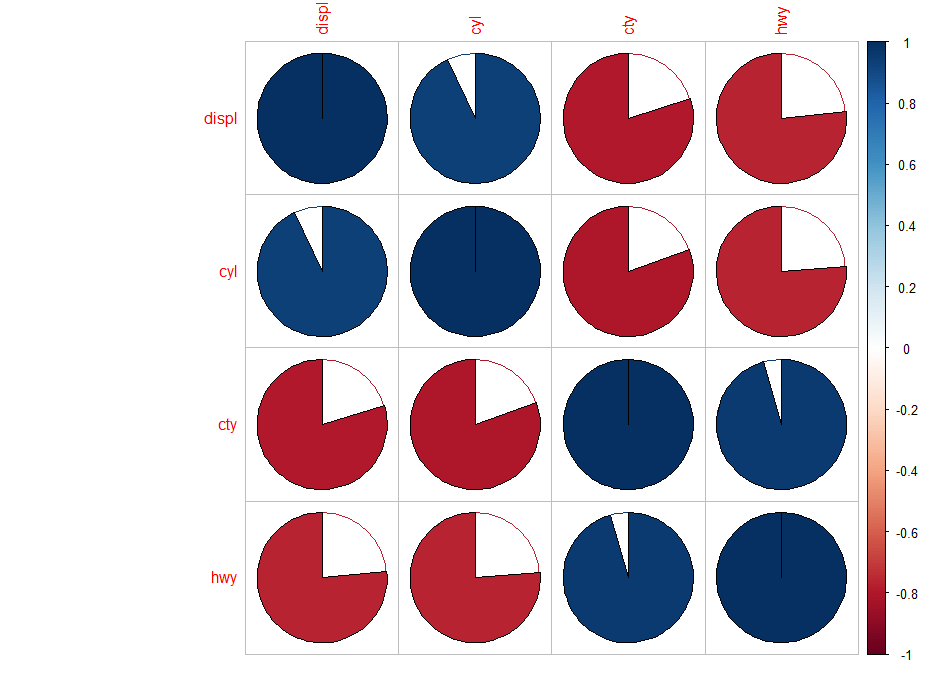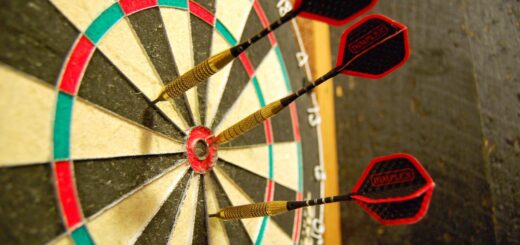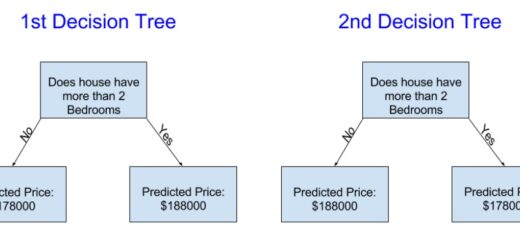How to calculate Power Regression in R (Step-by-Step Guide)
Power Regression in R, Power regression is a non-linear regression technique that looks like this:
y = ax^b
where:
y: The response variable
x: The predictor variable
a, b: The coefficients of regression used to describe the relationship between x and y.
When the response variable is equal to the predictor variable raised to a power, this sort of regression is utilized to represent the scenario.
Power Regression in R
In R, the following example explains how to run power regression for a given dataset step by step.
Step 1: Collect data
Let’s start by making some fictitious data for two variables: x and y.
x<-1:10 y<-c(10, 28, 15, 17, 65, 120, 115, 119, 123,100)
Step 2: Create a visual representation of the data
Then, to visualise the relationship between x and y, let’s make a scatterplot:
plot(x, y)

We can observe from the graph that the two variables have a strong power relationship. As a result, fitting a power regression equation to the data rather than a linear regression model appears to be a decent option.
Step 3: Fit the Power Regression Model
Next, we’ll use the lm() function to fit a regression model to the data, indicating that R should fit the model using the logs of the response and predictor variables:
model <- lm(log(y)~ log(x))
Now we view the output of the model
summary(model)
Call: lm(formula = log(y) ~ log(x)) Residuals: Min 1Q Median 3Q Max -0.9251 -0.1743 0.1661 0.2879 0.5404 Coefficients: Estimate Std. Error t value Pr(>|t|) (Intercept) 2.0869 0.3858 5.410 0.000639 *** log(x) 1.2056 0.2320 5.197 0.000826 *** -- Signif. codes: 0 ‘***’ 0.001 ‘**’ 0.01 ‘*’ 0.05 ‘.’ 0.1 ‘ ’ 1 Residual standard error: 0.5102 on 8 degrees of freedom Multiple R-squared: 0.7715, Adjusted R-squared: 0.7429 F-statistic: 27 on 1 and 8 DF, p-value: 0.0008258
The overall F-value of the model is 27 and the corresponding p-value is extremely small (0.0008258), which indicates that the model as a whole is useful.
We can see that the fitted power regression equation is: Using the coefficients from the output table, we can see that the fitted power regression equation is:
ln(y) = 2.0869 + 1.2056*log(x)
Based on the value of the predictor variable, x, we can use this equation to predict the responder variable, y.
For example, if x = 5, then we would predict that y value.
ln(y) = 2.0869+1.2056log(5) = 9.669329
Subscribe to our newsletter!






